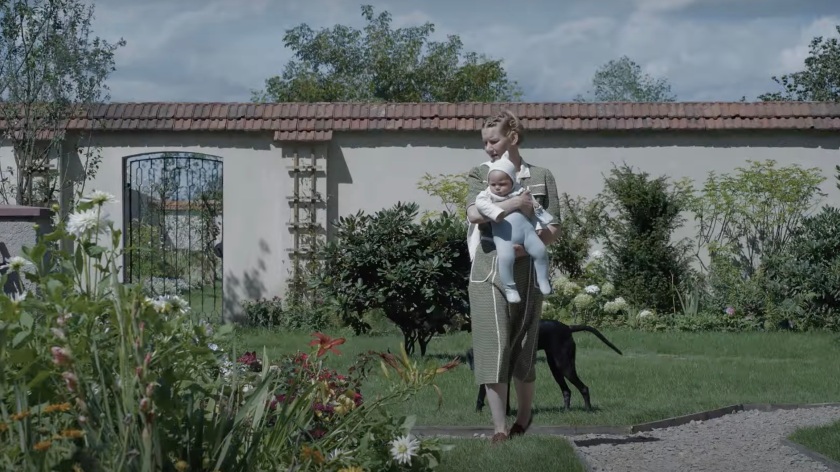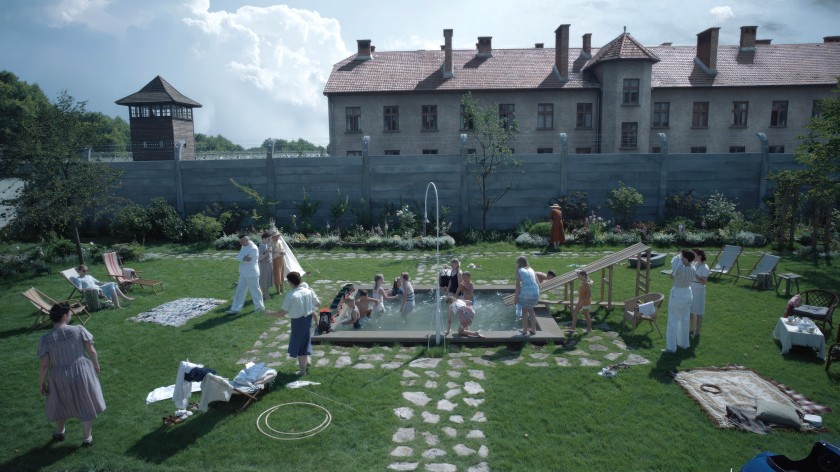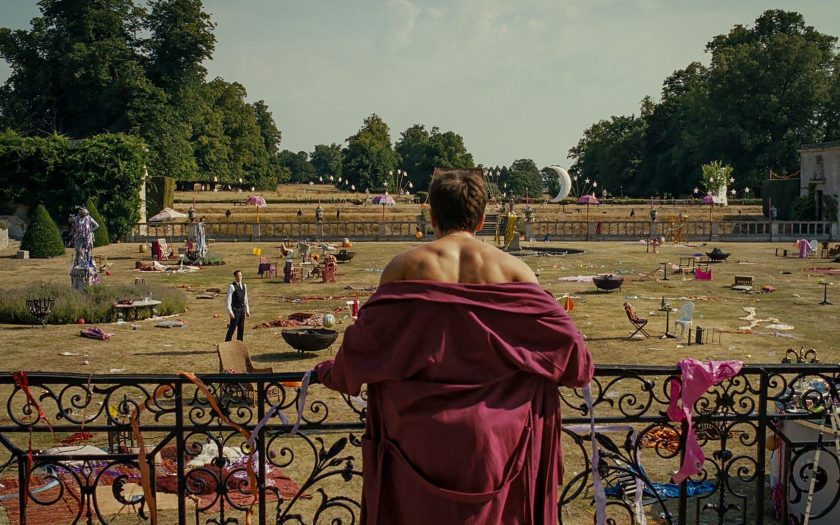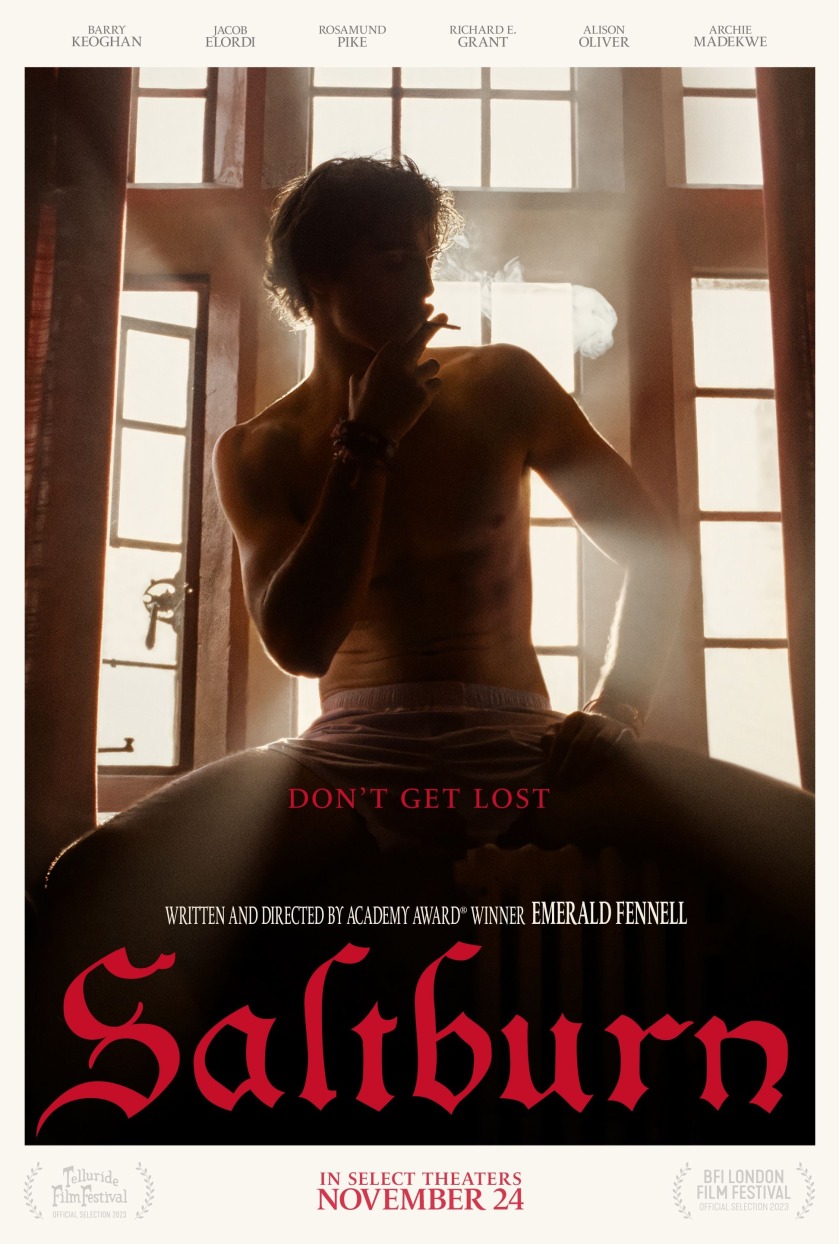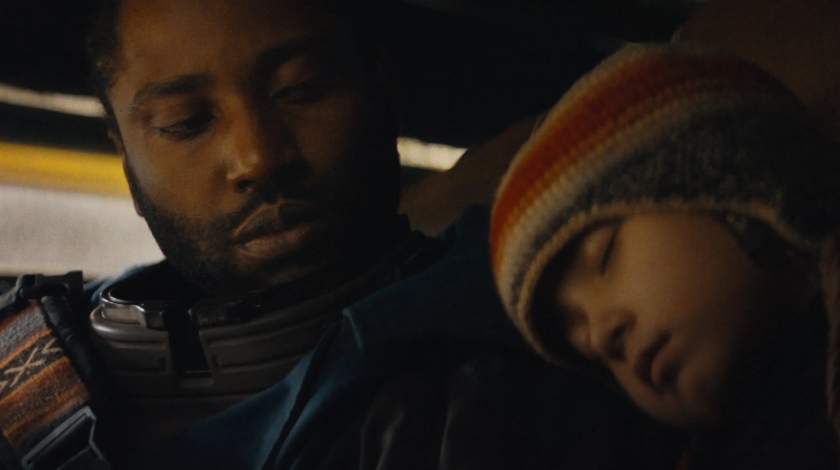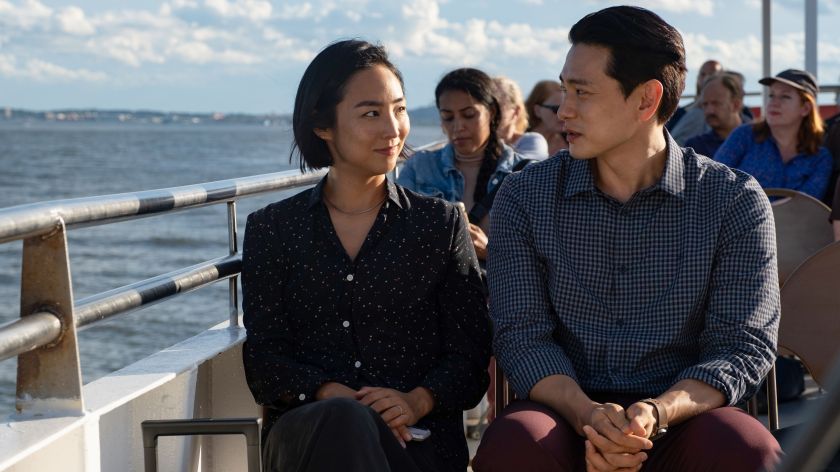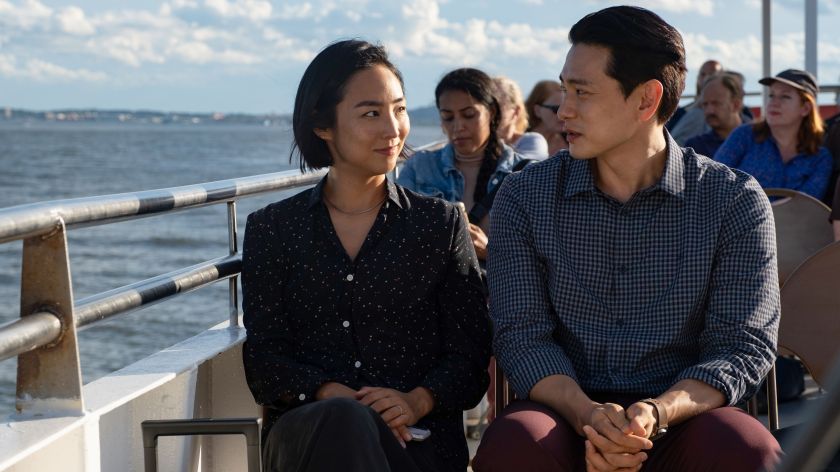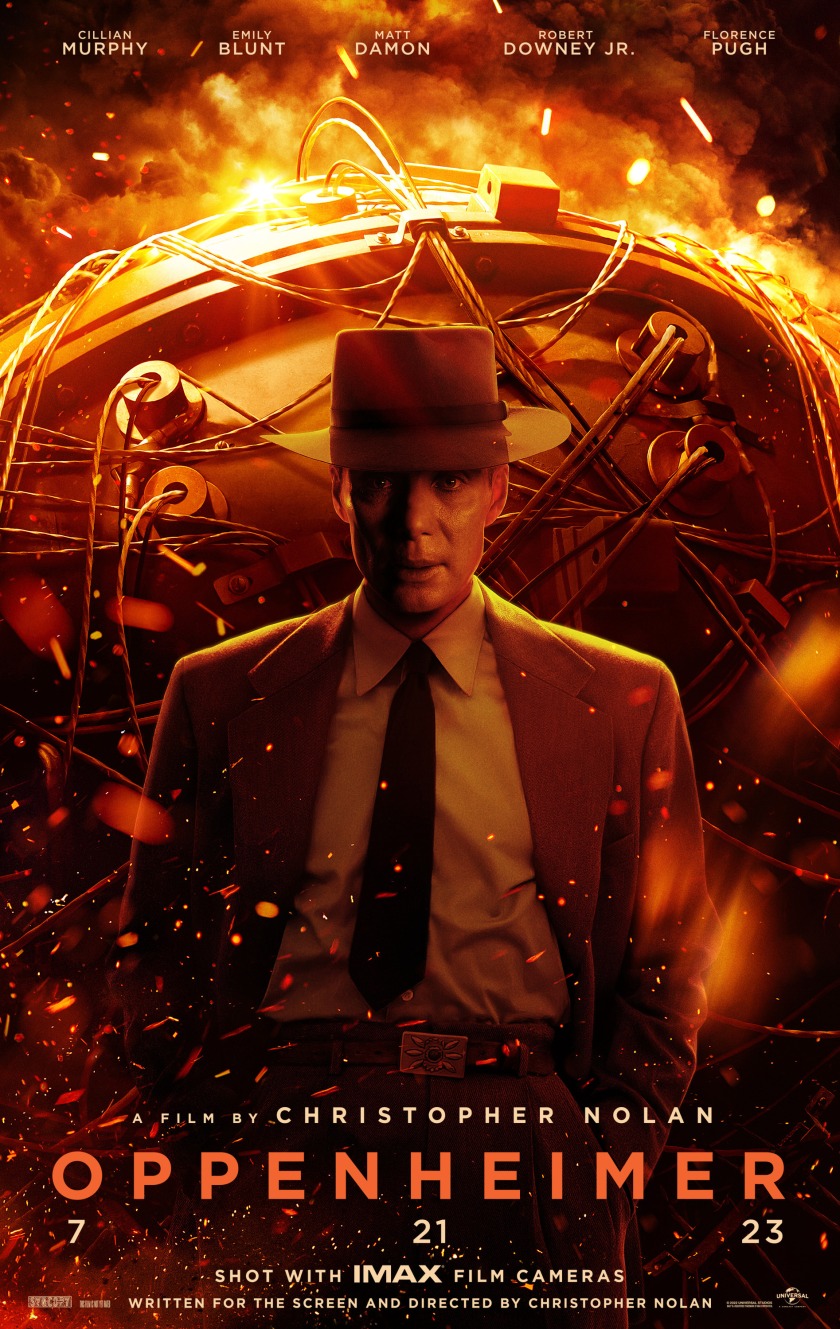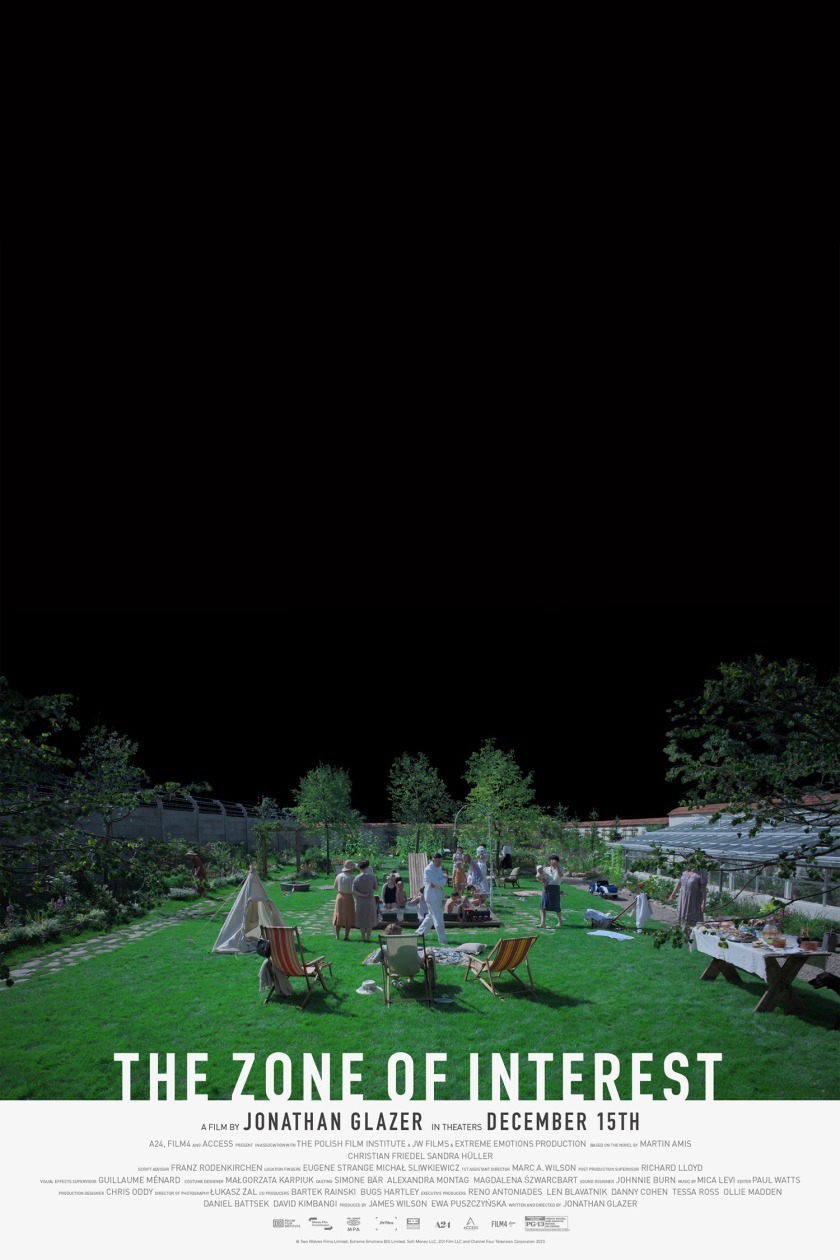
The Zone of Interest – Film Review
Cast: Christian Friedel, Sandra Hüller, Ralph Herforth, Johann Karthaus, Luis Noah Witte, Nele Ahrensmeier, Lilli Falk, Medusa Knopf
Director: Jonathan Glazer
Synopsis: A Nazi officer and his wife look to build their idyllic family life in a home right next to Auschwitz…
Review: One does not have to have picked up a history book, or to have studied World War II in extensive detail, to know between 1941 and 1945, the Nazis systematically murdered European Jews during the Holocaust. Around six million Jews, two-thirds of the Jewish population on the continent, were slaughtered. Cinema has often turned its attention to this dark and evil chapter of human history, capturing the horrendous conditions of the concentration/death camps. It seems impossible for a film to find a new way to illustrate the appalling atrocities committed by the Nazis, yet this is exactly what writer/director Jonathan Glazer does with this haunting and unnerving examination of human indifference towards unspeakable brutality.
Loosely based on the 2014 novel of the same name by Martin Amis and set in 1943, the film explores the life of Nazi SS officer and Commandment of the Auschwitz concentration camp Rudolf Höss (Friedel) and his wife Hedwig (Hüller) as they seek to build their family life in a house, right next door to the camp. The mere description of the film’s synopsis is enough to fill anyone with fury and anxiety, and anyone could reasonably think that the film’s opening shot would be an unsettling scene from inside the camp. Instead, after a lengthy black screen with only Mica Levi’s score to fill our eardrums with a terrifying sense of dread, the opening shot is one of the Höss family, having a family day out by a lake. The jarring juxtaposition of joyous family fun, in the immediate vicinity of callous acts of genocide is an immediate jolt to the senses to horrify you beyond measure.
It is such a disturbing and startling contrast that makes your stomach churn, setting the tone for the rest of the film. Throughout, we see the Höss family go about their daily lives. Banal acts such as getting ready for school, coming home, tending to your garden, having a meal, spending a family day by the pool, and sleeping safe and sound in your bed at night. The sorts of regular activities families will go through day after day. All the while, the audible sounds of gunshots, indiscernible orders, screams and cries for mercy, combined with the horrific sight of the Auschwitz chimney splurging out smoke as a result of the gas chambers being used. Yet these horrific sounds do not remotely faze the family in the slightest. They go about their lives while countless innocent souls have theirs ended in such an inhumane and callous manner. The sounds coming from the camp are deliberately kept out of sight but never out of the minds of the audience.
In what cannot have been easy roles for any of these actors to play, Christian Friedel and Sandra Hüller’s performances are both chillingly effective. Friedel portrays Hoss as a man driven by the wellness and comfort of his family while being heavily invested in his disturbing work concerning the efficiency of the camp to please his superiors. Meanwhile, Hüller as the Höss household matriarch also shows a complete lack of emotion to the situation mere yards away from her house. She is far more preoccupied with attending to the flowers and plants in her garden and trying on clothes that belonged to Jews who were housed at the camp. Both their performances are frightening due to their complete indifference to the barbaric acts of violence being inflicted upon other human beings beyond their garden wall, simply because they didn’t acknowledge the people who were housed in those conditions as people at all. Their shocking coldness in the face of the unspeakable screams with furious urgency to the audience, particularly in a world which finds itself in a seemingly never-ending continuous trend of horrific violence being inflicted on people all over the world on a day-to-day basis.
The filmmaking on display is immaculate. Glazer’s use of extensive long takes illustrates the mundanity of the everyday life of the Hoss family, while Lukasz Zal’s stripped-back cinematography is devastatingly effective. Using only practical and natural lighting, the garden scenes exude the warmth of a plot of land filled with love and care. Yet, in the very same shot, the cold, ominous, and unforgiving presence of the concentration camp’s buildings lingers in the background and serves as a glaring reminder of the horrors contained within those walls.
The art form of cinema can so often be a place for audiences to have fun and enjoy themselves, but this is emphatically not one of those instances. Glazer’s intention is absolutely to horrify the audience, to chill them to their very core as to how people can sit idly by while horrific crimes are committed in broad daylight. As the old saying goes: “Those who cannot learn from history are doomed to repeat it”. Such appalling acts of depravity should be forever confined to our history books and museums, never to be repeated. However, as recent years have shown, unspeakable atrocities are being committed due to blind hatred, while bigotry is rearing its ugly head across the world. Glazer’s message rings loud and clear. We cannot and must not be complicit in the face of evil.
An unflinching analysis of the human complicity and apathy in close proximity to the unimaginable brutality inflicted on countless innocent souls that will get under your skin and not leave your mind anytime soon. In time, this will become essential viewing for all.


